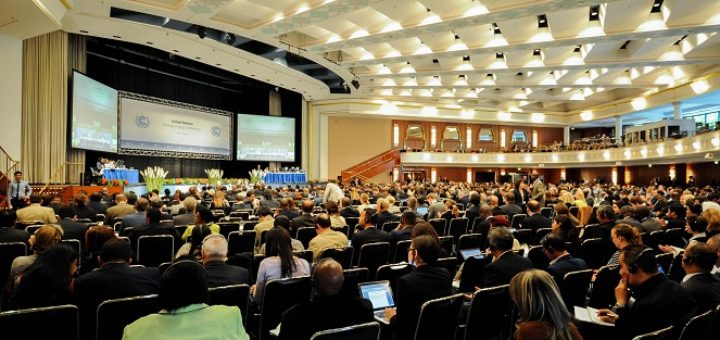In the framework of the POLIMP project, a policy brief has been published on the role of social acceptance in the acceleration of clean technology deployment within the EU.
POLIMP
Project details
- Project title: “Mobilising and transferring knowledge on post-2012 climate policy implications” (POLIMP)
- Funding scheme: European Union Seventh Framework Programme (EU FP7, grant agreement no. 603847)
- Duration: 3 years (1 May 2013 – 30 April 2016)
- Project coordinator: JIN Climate and Sustainability, Groningen, Netherlands
- Project website: www.polimp.eu
Policymakers and stakeholders need a manageable tool to reduce the complexity of different design options. The EU-funded POLIMP project has provided a practical criteria matrix to assist policy makers and relevant decision-makers in evaluating and comparing different proposals for the 2015 Agreement. Several important results of the analysis of Parties’ submissions are given.
Renewable energy implementation has advantages but requires the harmonisation of the EU support scheme for renewable energy support policies that may eventually improve policy performance. In addition, cost-effective renewable energy policies require the involvement of all participating actors in the decision processes regarding modifications of support schemes.




